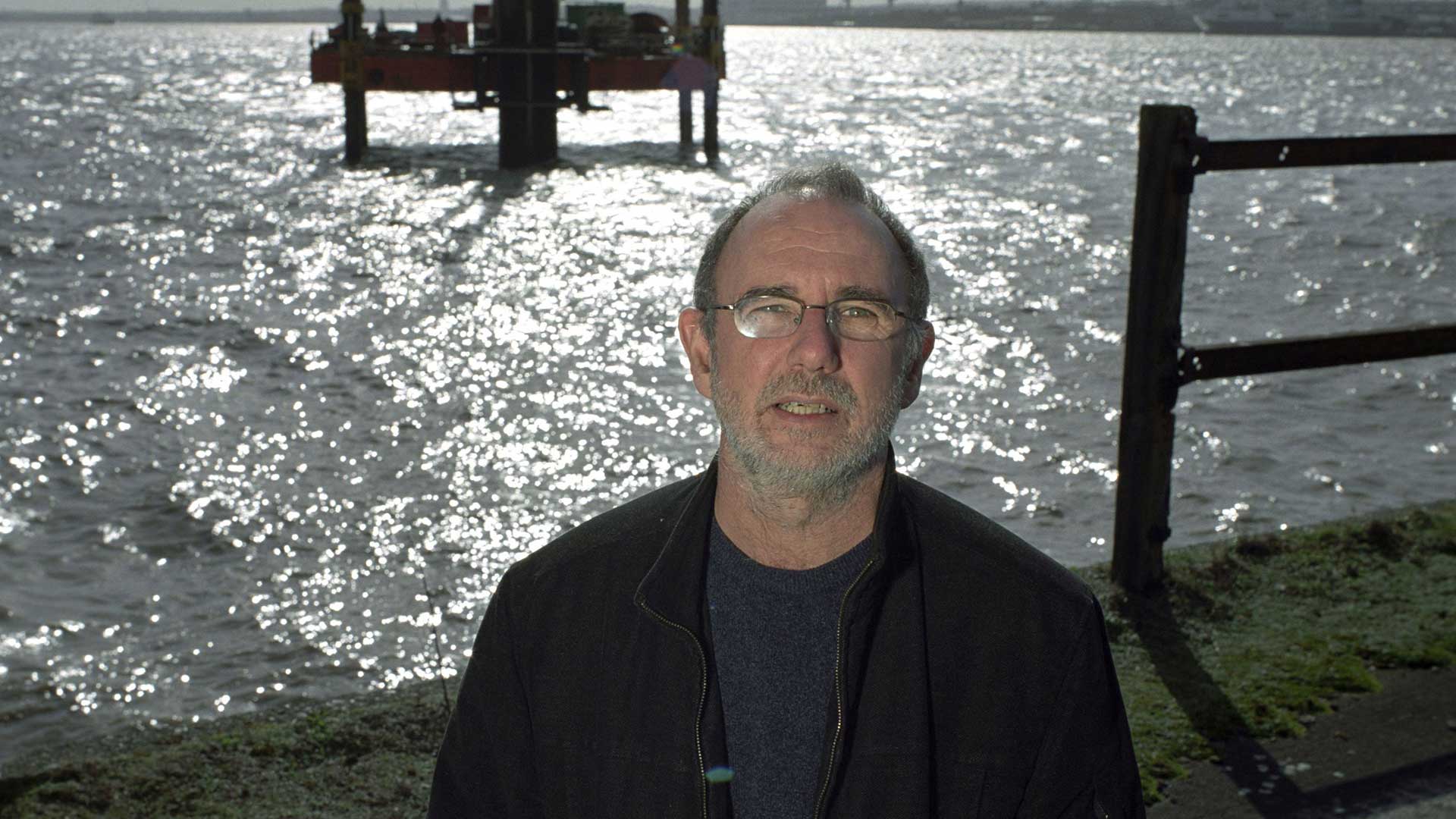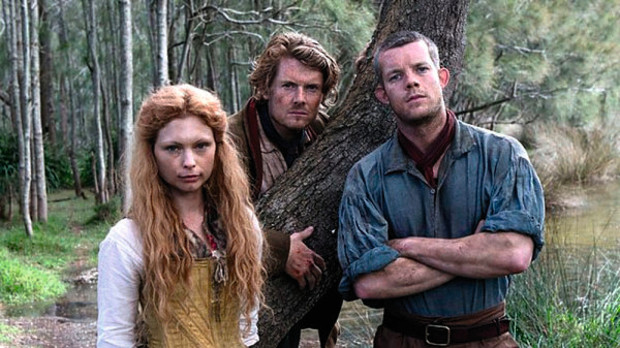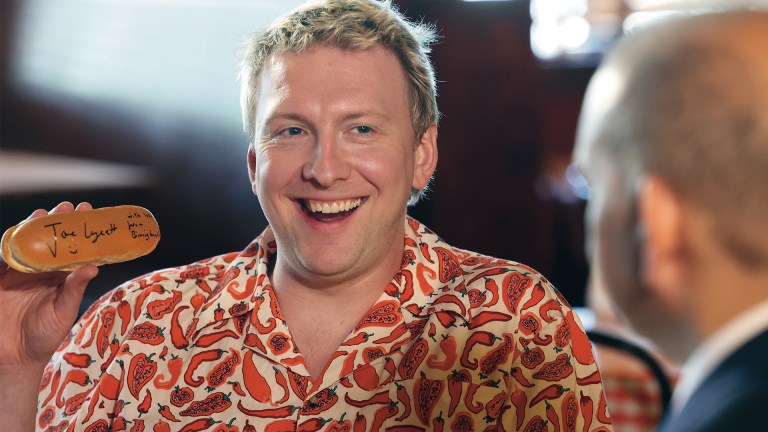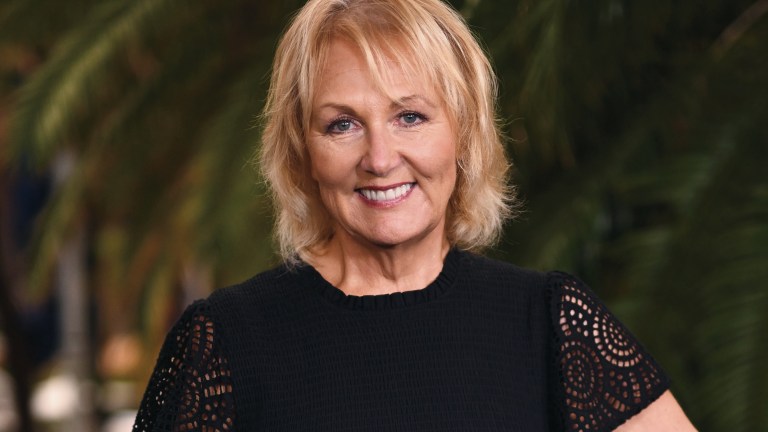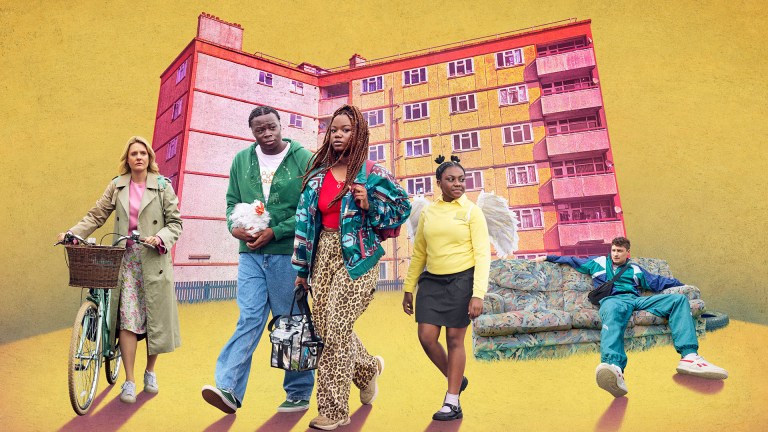McGovern sees the convicts’ plight as one of the great untold stories. “Petty criminals, whores and pickpockets” were shipped thousands of miles “to keep the scum off our streets because the jails were overcrowded”. If their theft was less than £2, he explains, you were deported for seven or 14 years. A penny more and you were hanged.
“This series takes that notion of what people will do to survive – the betrayals, the stabs in the back – into the most extreme circumstances. There was no food and there was cruelty on a massive scale – so we are stripping it back to raw elements of the human condition, it is pure survival. We are studying what people will do for their basic requirements: food, shelter and sex.
“In our own lives, we know what is the right thing to do in various circumstances. We all know that, don’t we? Sometimes we do that right thing but sometimes we don’t because the cost – in effort, money or friendships – would be too great.”
In Hillsborough, McGovern’s moving, difficult 1996 TV film about the tragedy, he told the story of the ongoing campaign for justice for the 96 victims. Almost 20 years on from broadcast, and 26 years from the horrors in Sheffield, McGovern is still haunted. The inquest into the events that day began on March 31 last year. “I am often up at the inquest, and the families have asked me to write about it again,” he says.
Will he?
“I am not sure I ever will. It might take a younger person with more energy. There is something helpful about coming to it fresh.”
Advertising helps fund Big Issue’s mission to end poverty
Alongside Hillsborough, McGovern cites Dockers and Sunday as “precious” stories he felt compelled to write. “Some of them I couldn’t even write well because I was so tied to the truth,” he says. “I couldn’t flex my creative muscles at all.
Goliath beats David is not a story, David beats Goliath is a story – and that is pure politics
“As a writer you are attracted to certain real-life stories because they are good stories. That is a crude thing to say when you are talking about the deaths of 96 people in Hillsborough but undeniably it is a powerful story. So is the shooting dead of 14 people on Bloody Sunday, and the dockers – all those men staying out on strike for ages on a point of principal and then getting betrayed by their own union? That is an incredible story. But in telling it you have very little freedom.”
It doesn’t take much to bring the conversation round to politics with McGovern. He has been a consistent working-class voice in an increasingly privileged industry for almost 35 years, and shows no signs of losing his edge.
“Drama is politics,” he explains. “Goliath beats David is not a story, David beats Goliath is a story – and that is pure politics. It is the weak against the powerful. We have to keep telling these stories.”
There’s a touch of pride in his voice but also hurt and disappointment when he talks about the modern Labour Party. “I have never voted Labour since Blair came to power. I lay claim to being one of the first and one of the few who said from the outset that the guy was a charlatan,” he proclaims.
“I have occasionally voted Green but this time around I am a supporter of Tony Mulhearn. He was barred from Labour for being involved in the Militant Tendency and has formed an alternative socialist party. I vote for the party that causes the most mischief – unsettling those in power is the thing that writers should do. Voting for him won’t do any good at all but if he ever did get a seat he would cause a lot of mischief.”
Advertising helps fund Big Issue’s mission to end poverty
Returning to the deported convicts in Banished, McGovern sees parallels in modern policies – not least the use of the joint-enterprise laws to convict people of serious crimes.
“They are locking up kids in droves,” says McGovern, whose last major one-off TV drama, Common, focused on this tricky legal area.
“And in the south they are predominantly black kids – and in the north, white working-class kids. Again, it is to get the scum off the streets. It is symptomatic of what they feel. I know that the government in power has nothing but contempt for the British working class. Our job is to keep reminding them that we know.”
Banished is on Thursdays, 9pm, BBC Two
